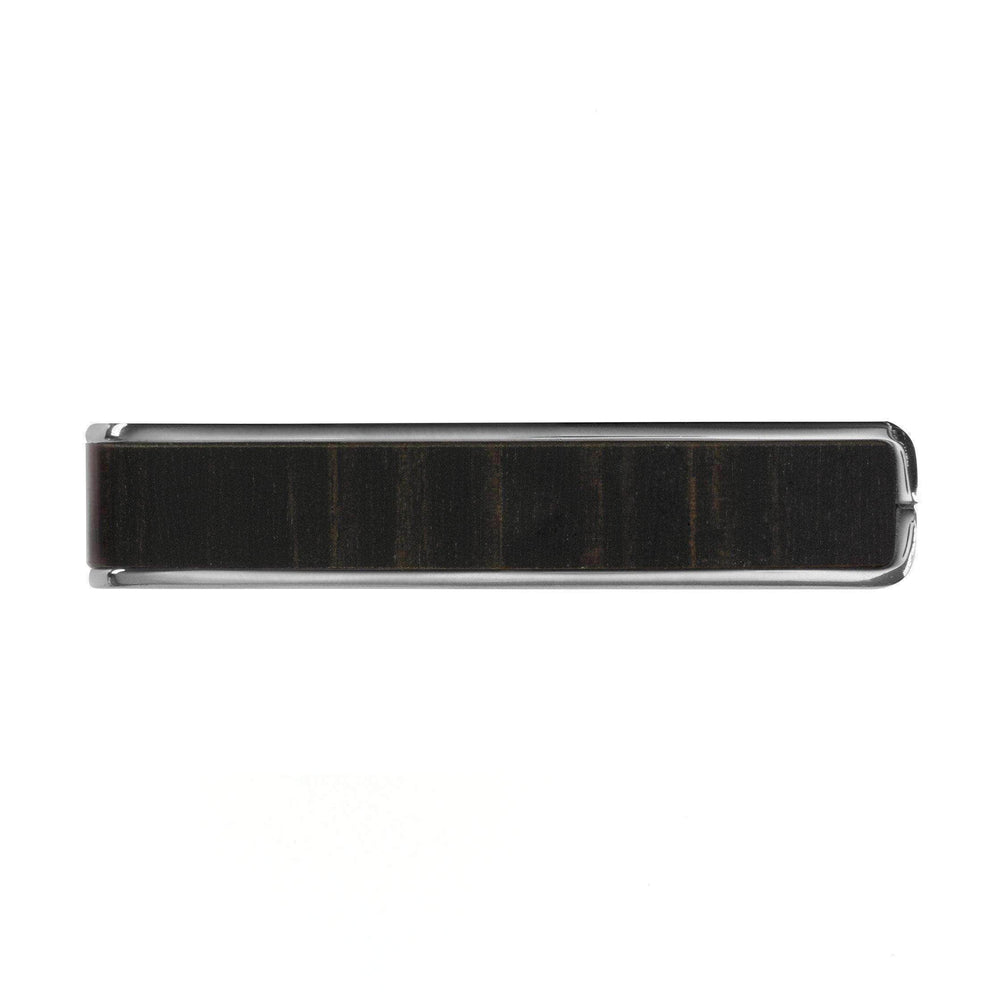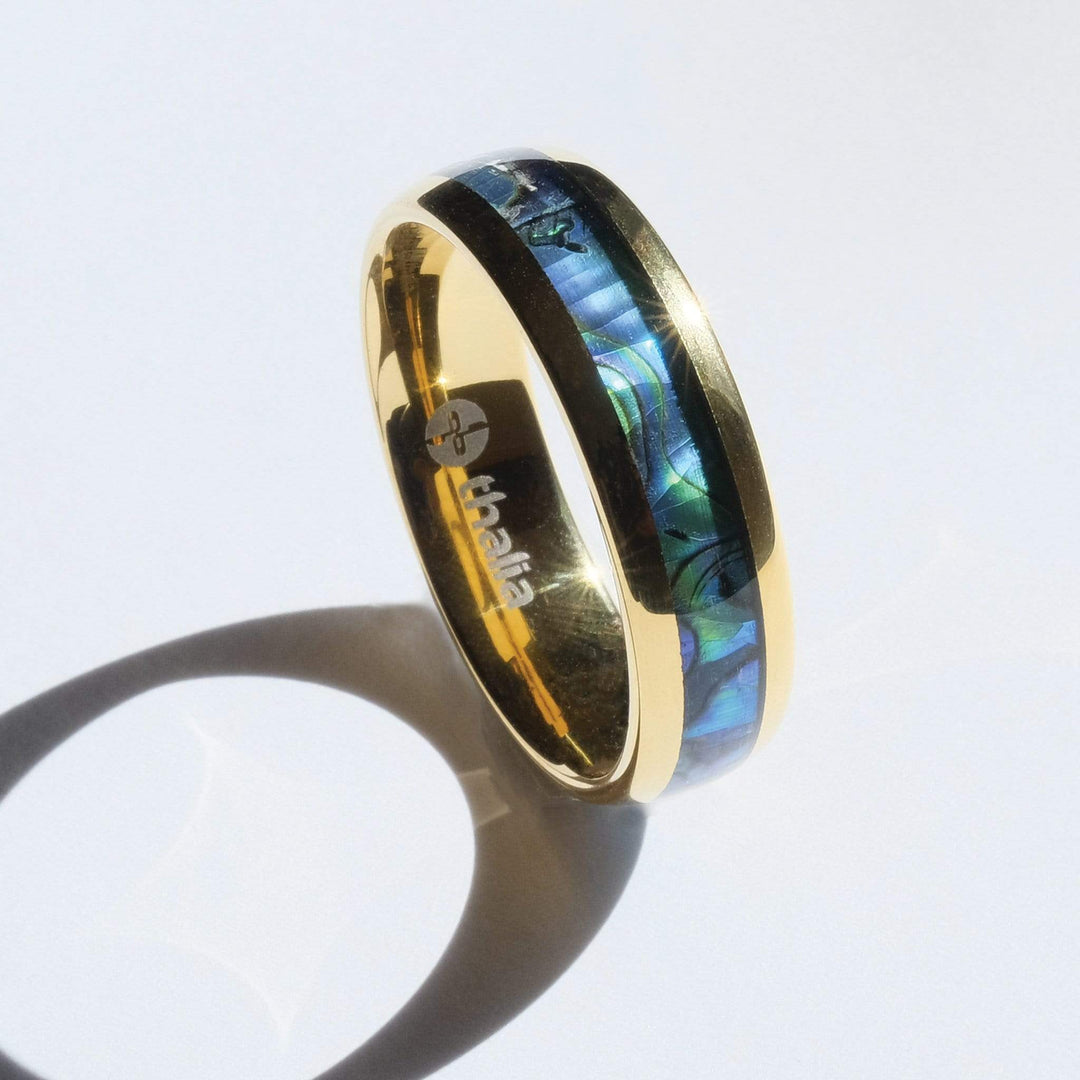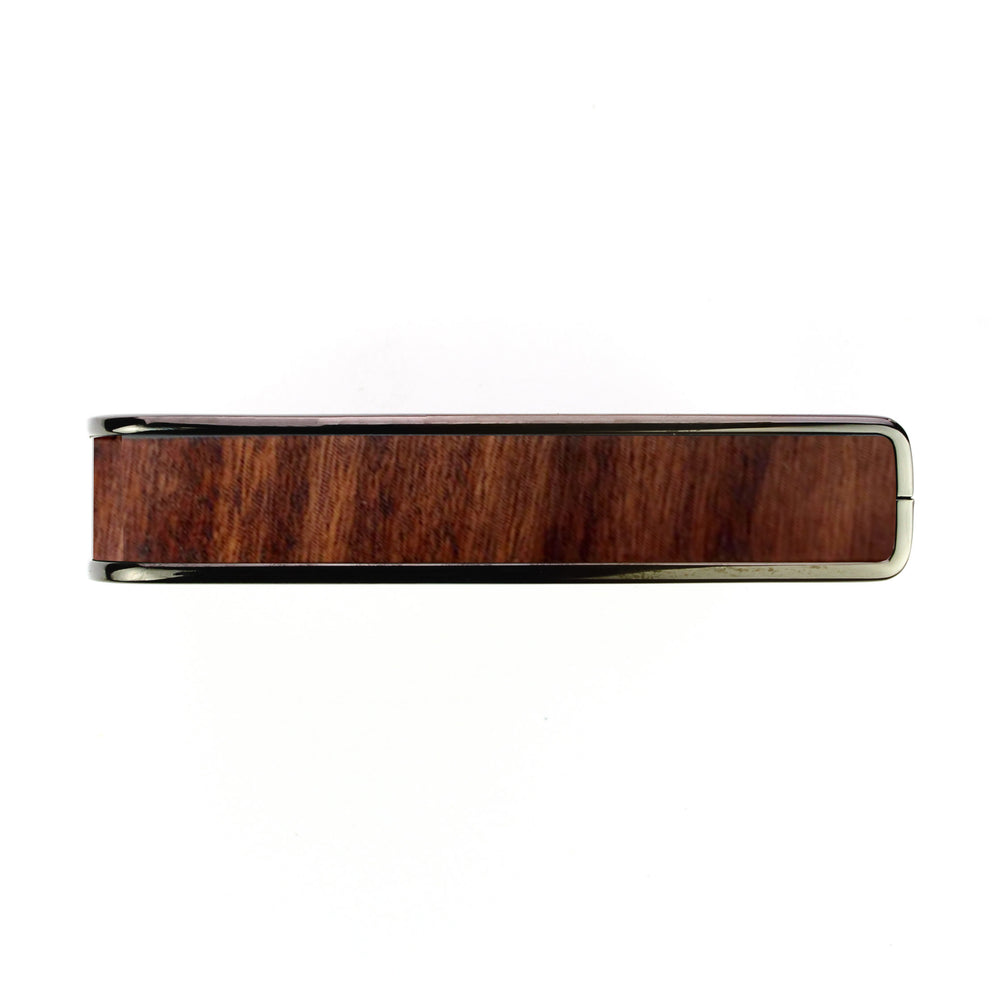The Enduring Influence of Who’s Next

This year, Who’s Next turns 50.
For my money, it’s not only the greatest thing the band ever recorded (sorry Tommy fans!) but one of the most important albums in the history of rock and roll.
As you probably already know, Who’s Next was originally meant to be a very different beast. The album started out life as a rock opera called Lifehouse that was set in a near future society where music is banned and people lived inside government controlled “experience suits.”Over the course of the story, a rebel named Bobby would broadcast rock music into the suits and enlighten the masses.
To call the Lifehouse plans ambitious is a massive understatement. According to Townshend’s original vision, it would have encompassed a futuristic rock opera, a live-recorded concept album and the soundtrack to a motion picture. Ultimately, though, it exceeded the reach of rock opera’s most fervent exponent. Townshend couldn’t realize the elaborate vision and The Who went back to basics, freeing themselves from the narrative constraints and cherrypicking the best songs from the project for a single disc album.
The result was a selection of nine stone cold classics that set the template for what a great, all killer, no filler hard rock album could be.
Here’s what dean of American rock critics Robert Christgau had to say about the record in his famous Village Voice consumer’s guide:
“The best hard rock record in years, all the more surprising because much of it is no more hard rock than Tommy… The thinness of the Who's recorded sound has always been a problem, but now the group achieves the same resonant immediacy in the studio that it does live. Even Townshend's out-front political disengagement ("I don't need to fight") seems positive. there is much truth to that line, after all, when it is formulated by someone with demonstrable compassion. A joy.”
Today, the album still commands the sort of respect that it did in the 1970s. In a retrospective review, the BBC’s Chris Roberts noted:
“The Who’s fifth album is one of those carved-in-stone landmarks that the rock canon doesn’t allow you to bad-mouth. It was pretty rad for its day. Here’s the twist: it still sounds ablaze. As C.S.I. fans will vouch, there’s not much that isn’t thrilling about Won’t Get Fooled Again and Baba O’Riley, which howl and kick like they were born yesterday… Who’s Next is The Who’s best.”
To really understand why the album resonates, you’ve only got to read this testimonial from Pearl Jam’s Eddie Vedder on how Who’s Next turned him on to rock ‘n’ roll and changed his life in the process:
"I was around nine when a babysitter snuck Who's Next onto the turntable. The parents were gone. The windows shook. The shelves were rattling. Rock & roll. That began an exploration into music that had soul, rebellion, aggression, affection. Destruction. And this was all Who music."
Who’s Next might be 50, but it still sounds so vital, it could have been recorded yesterday. In 50 years time, I suspect that sentiment will still ring true.





















